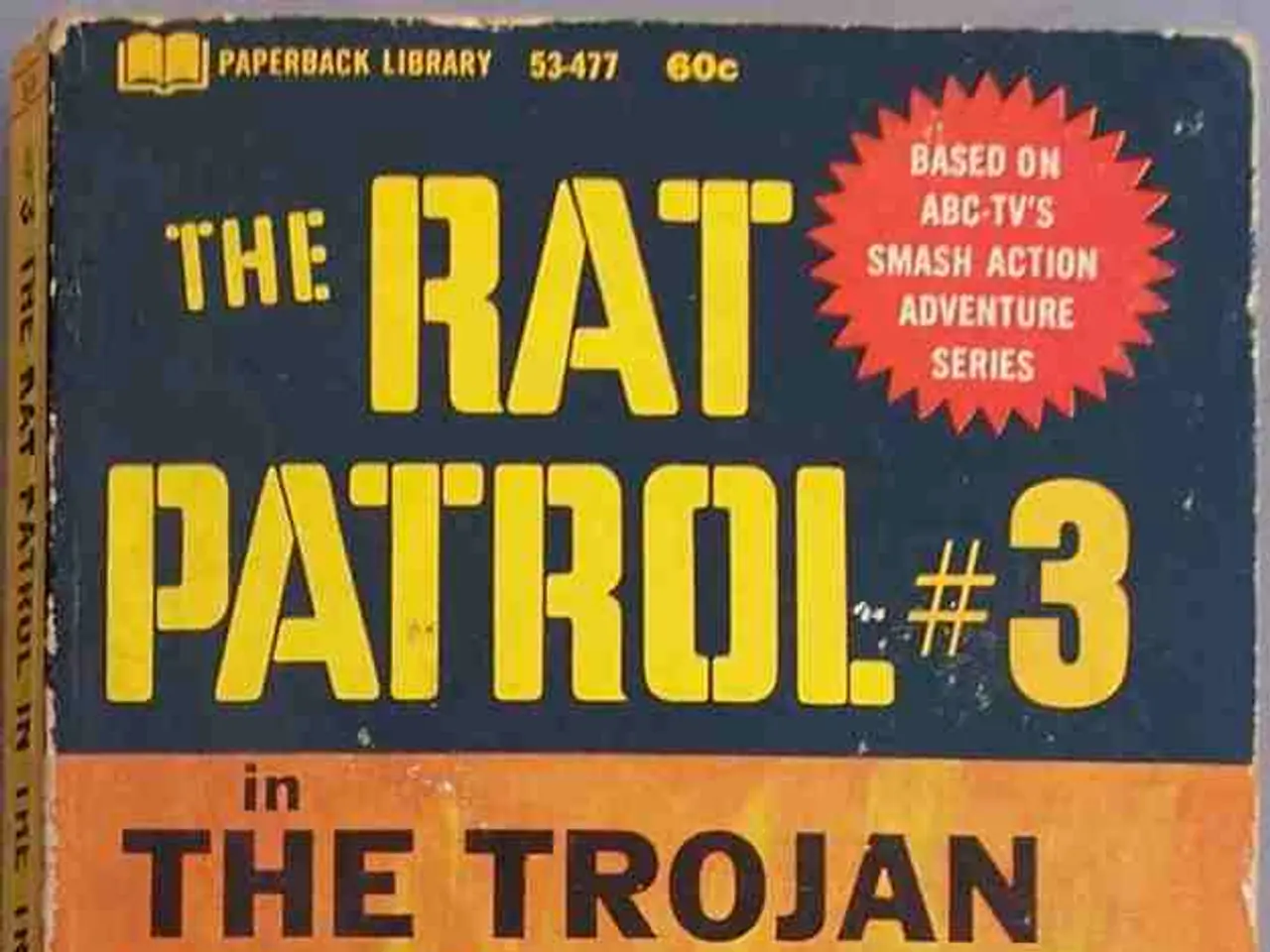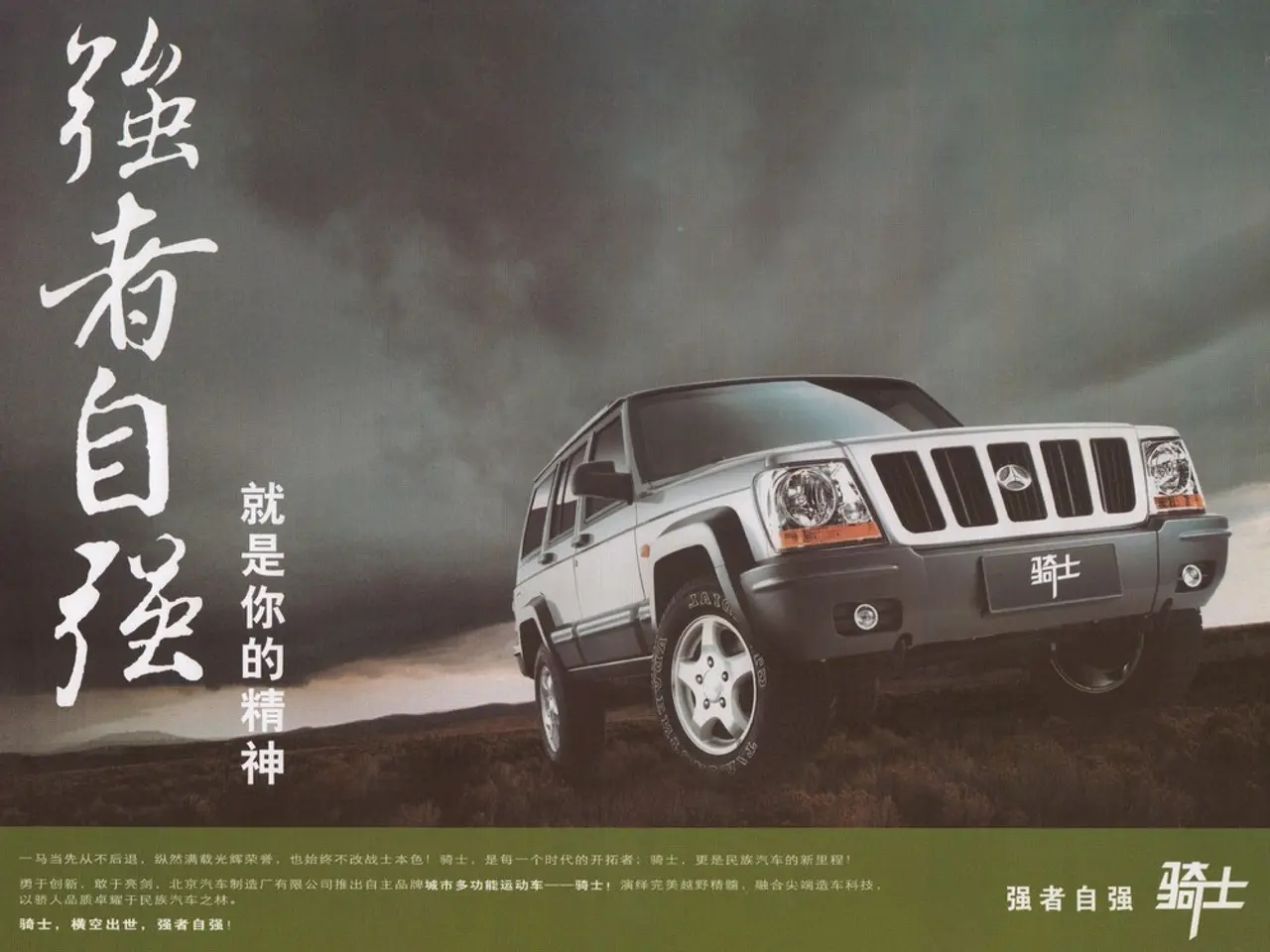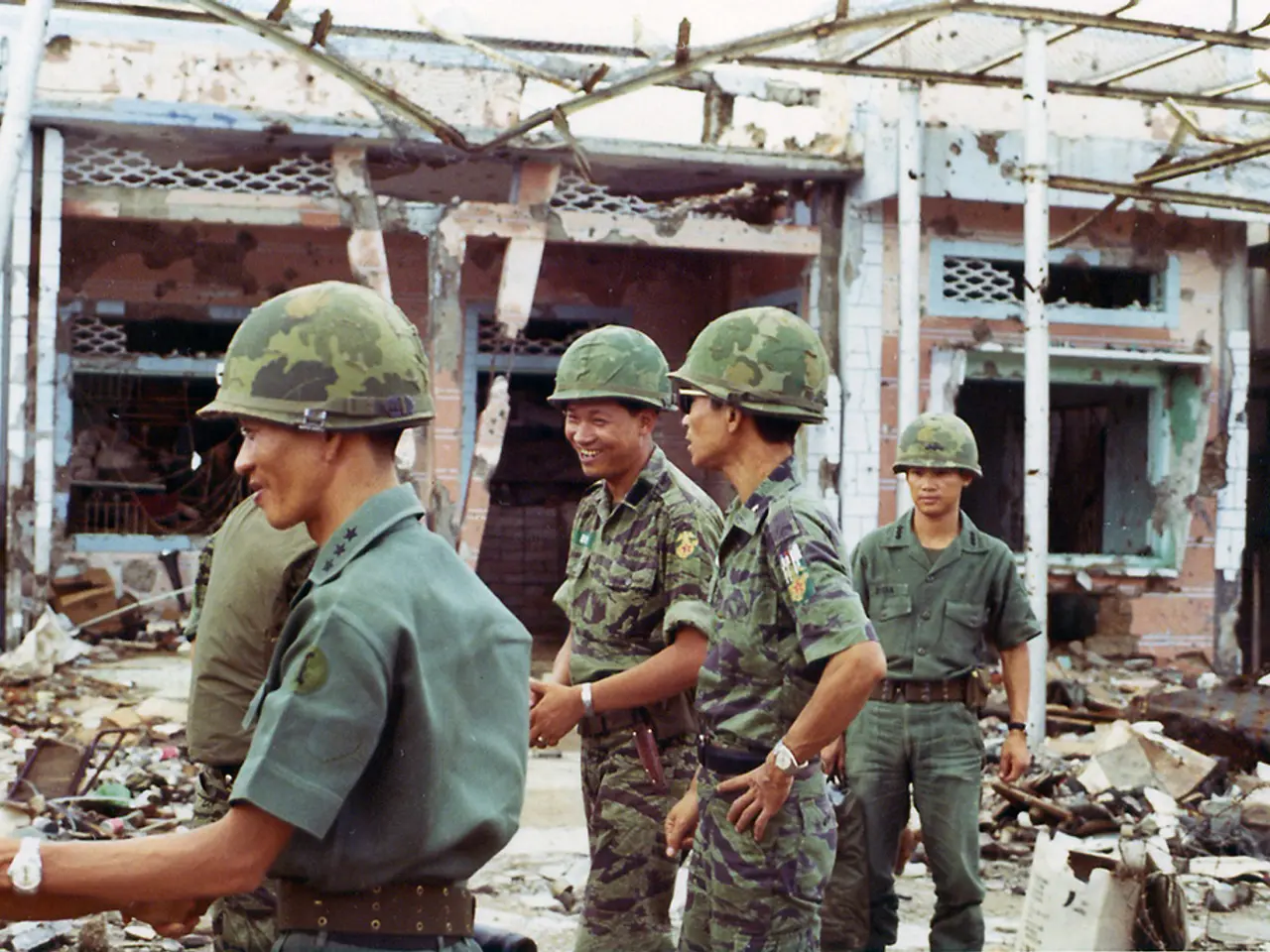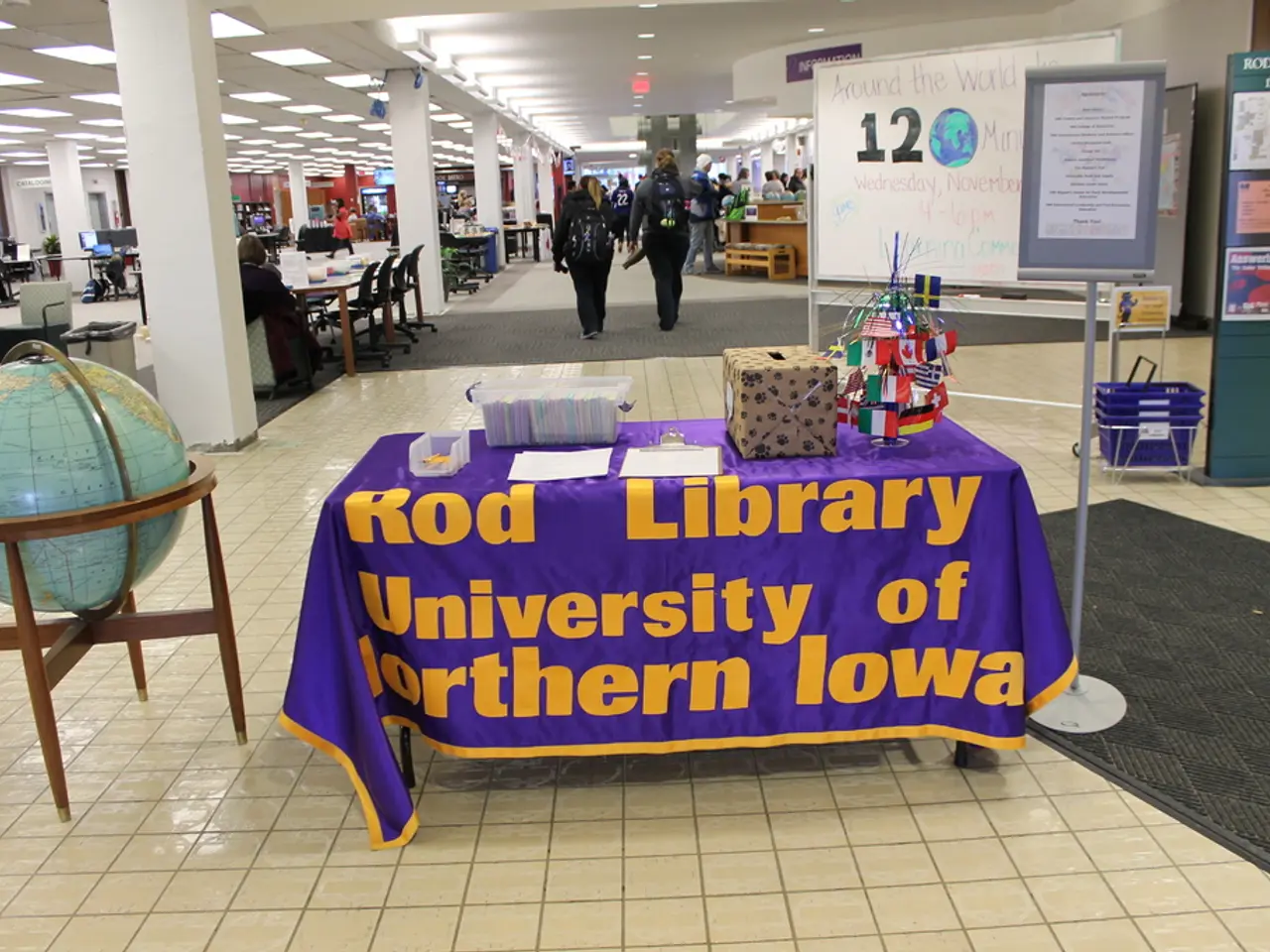United States Facilitates Peace Agreement Signing Between Congo and Rwanda
Peace Accord Signed Between DRC and Rwanda: A New Era, But Challenges Persist
In a significant move to quell years of strife, the Democratic Republic of Congo (DRC) and Rwanda sealed a peace deal in Washington, facilitated by the U.S. government, aiming to put an end to the deadly clashes in eastern DRC.
U.S. Secretary of State, Marco Rubio, hailed the agreement as a "seismic shift" marking 30 years of bloodshed. Foreign Ministers Therese Kayikwamba Wagner (Congo) and Olivier Nduhungirehe (Rwanda) echoed Optimism, yet emphasized the road ahead is fraught with difficulties.
"Some wounds will heal, but they will never disappear completely," Wagner outlined, acknowledging the millions who've suffered. "The onus is upon us to honor this agreement."
Nduhungirehe echoed her sentiments, adding "Our hope is that this agreement lays the groundwork for shared prosperity and cross-border cooperation. The future is unpredictable, and previous accords have often proved elusive. But with steadfast resolve and unwavering international support, we can turn the tide."
The encouraging words were not mere talk: Qatar, a key mediator, has been working tirelessly for months to bring the two nations together, garnering appreciation from all three ministers.
In the morning, U.S. President Donald Trump touted the deal as an "unprecedented victory" declaring, "I managed to bring them to the table, and we've secured considerable mineral rights for the United States. It's a win-win situation."
The agreement aims to bring an end to the violence afflicting central Africa, a conflict driven by over 100 armed groups, including the most powerful, which is allegedly backed by Rwanda.
Trump's push for this reconciliation serves dual interests: facilitating access to vital minerals essential for modern technology as the U.S. competes with China for influence in Africa.
Yet, analysts are cautious, viewing the agreement as a promising first step but warn that the fighting may not abate swiftly. The deal comprises provisions on territorial integrity, a ban on hostilities, and the potential demobilization of armed groups, subject to certain conditions.
- Key Figures: Donald Trump (U.S. President), Marco Rubio (U.S. Secretary of State), Therese Kayikwamba Wagner (Foreign Minister of DRC), Olivier Nduhungirehe (Foreign Minister of Rwanda)
An Unsettling Dilemma: Resource Control and Sovereignty
While the peace accord is a positive development, it stirs concerns regarding mineral resource control. Critics argue that sanctioning Congo to concede mineral rights legitimizes past pillaging and imperils the DRC's sovereignty over its valuable resources. Moreover, there's apprehension that the agreement might perpetuate illicit mining rather than curtail it.
Regardless of the peace deal's success, the challenge of balancing resource governance and conflict resolution in the region remains formidable.
Sources:
[1] Associated Press Editor, "DRC-Rwanda Peace Deal Sparks Controversy," The Washington Post, Jun 2025
[2] "U.S. Coordinates Rwanda-DRC Peace Deal," CNN, Jun 2025
[3] "Experts Cautiously Optimistic About DRC-Rwanda Peace Accord Implementation," Financial Times, Jun 2025
- News of the peace accord between DRC and Rwanda, signed in Washington, marks a significant development in the long-standing conflict but raises concerns about resource control and sovereignty.
- As policy-and-legislation surrounding the agreement unfolds, general-news outlets will provide updates on the challenges in balancing resource governance and conflict resolution in the region.





